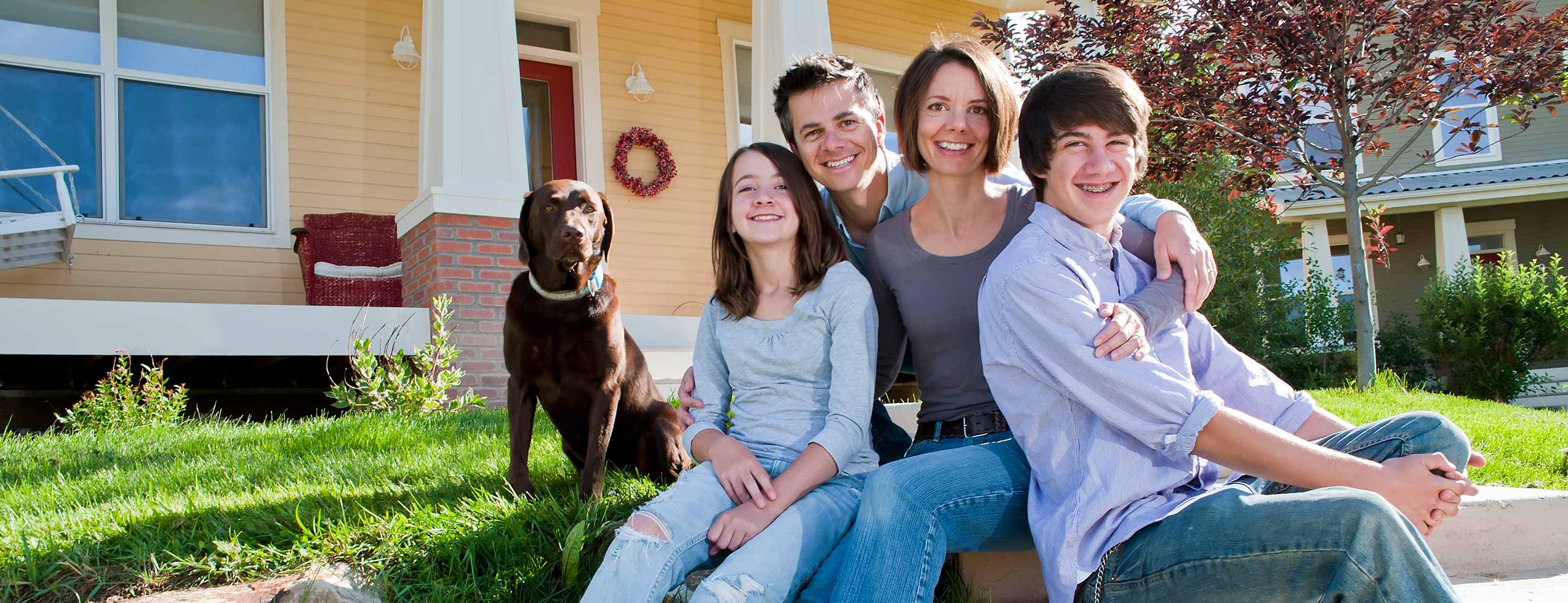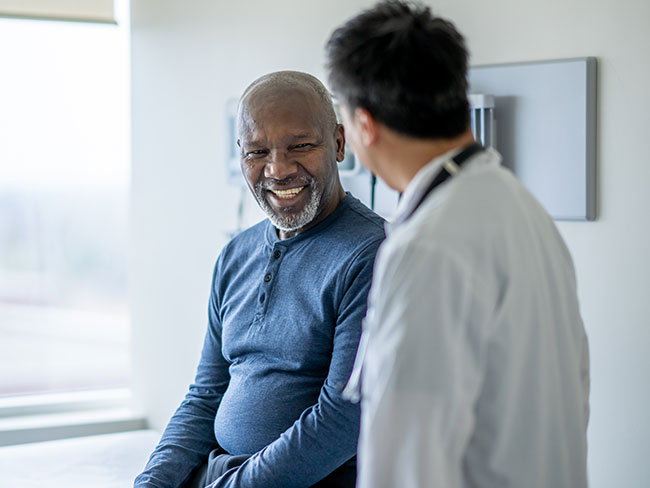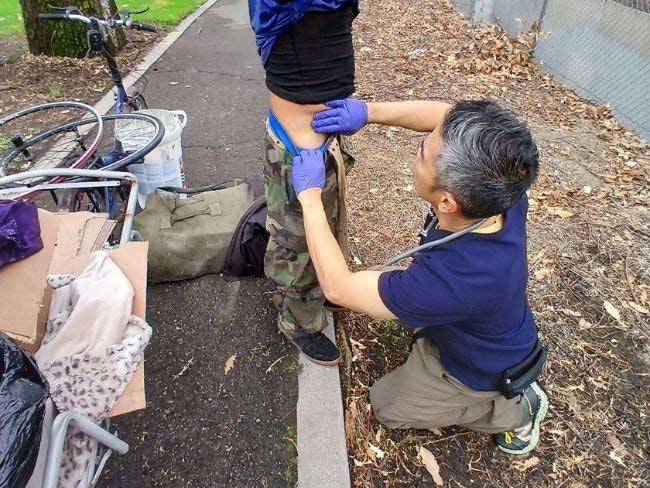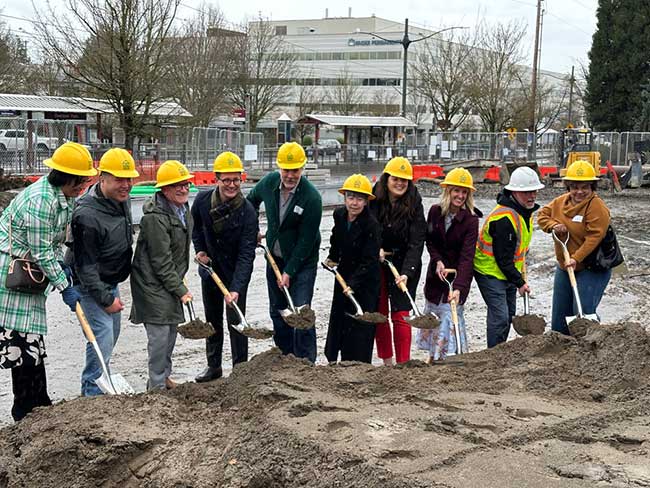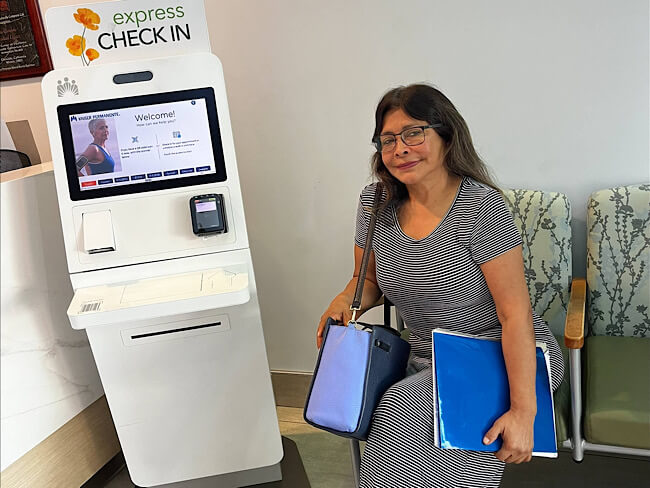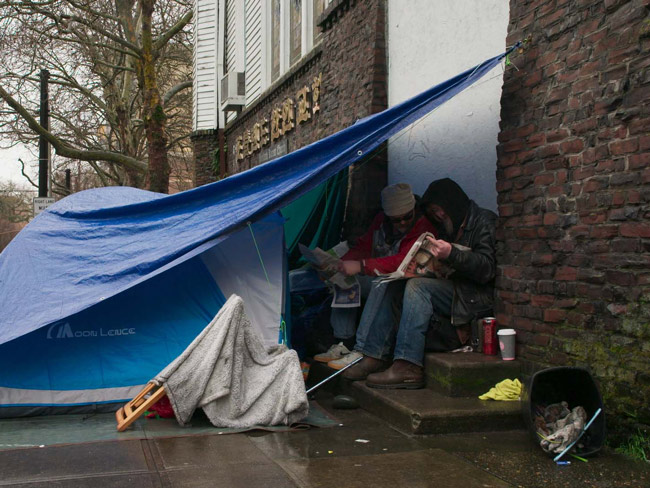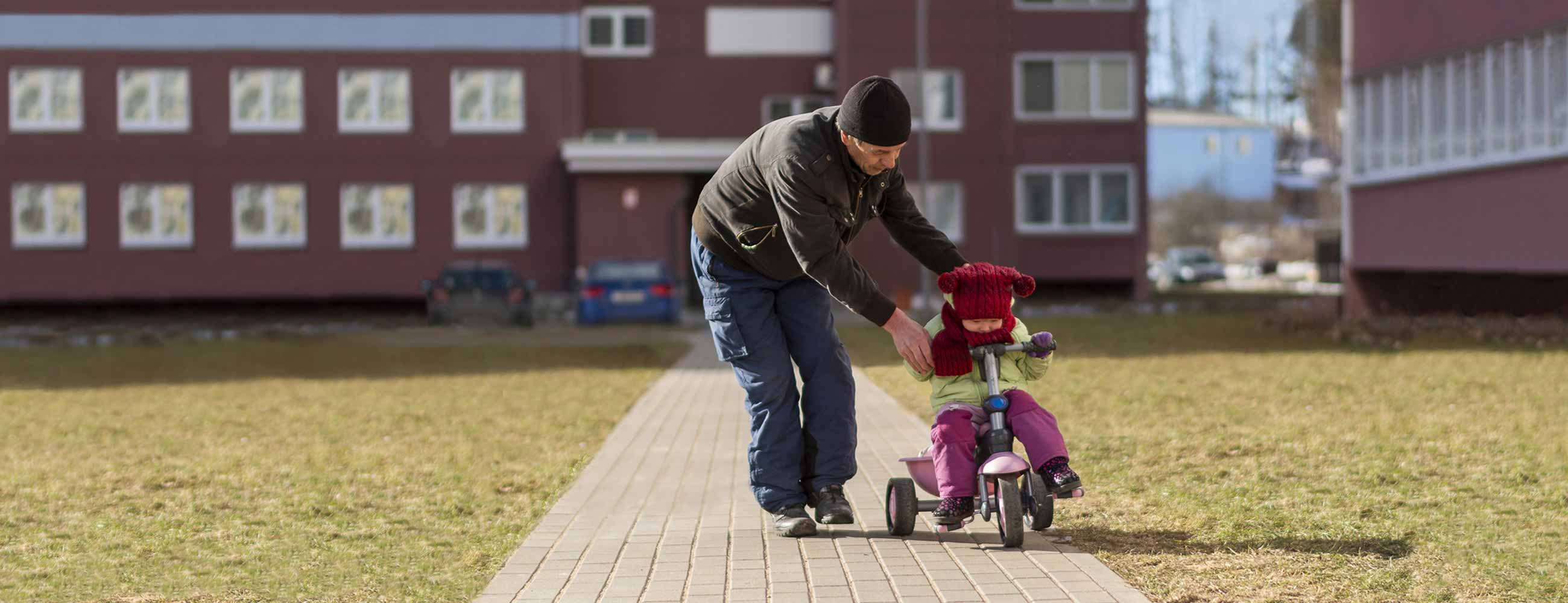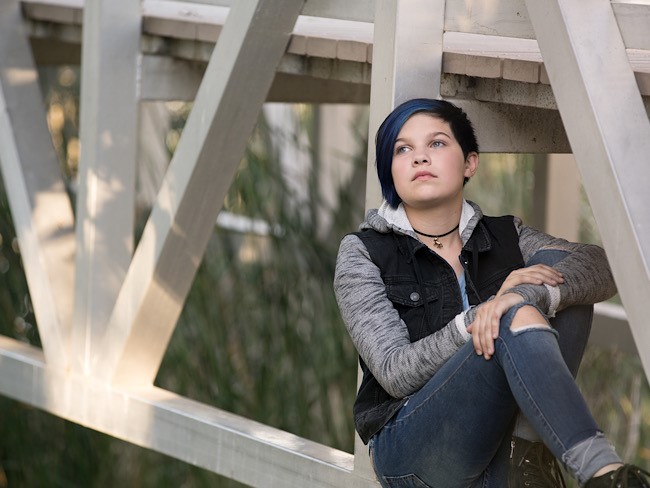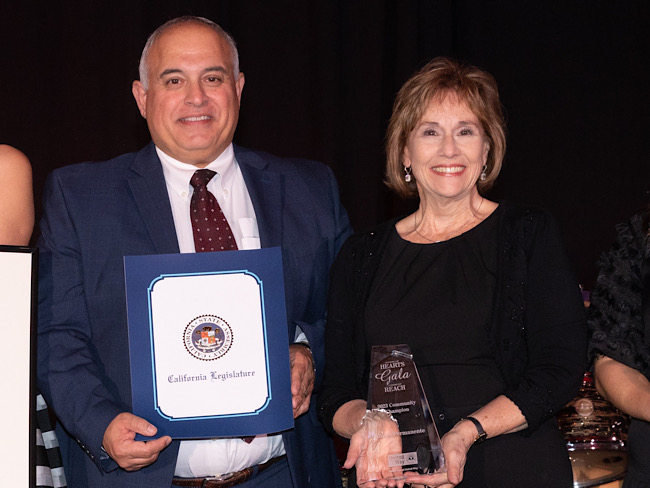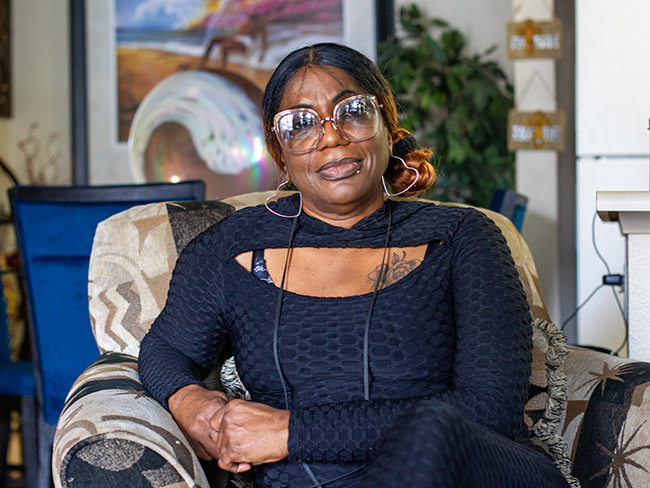Homeless and sick: Medical respite programs offer vital care
The programs help people without housing recover after hospital stays. With our support, a new certification process is raising the standard of care.
Kaiser Permanente invests in local and national organizations dedicated to finding solutions to the health and homelessness crisis.
Most people want to go home after being in the hospital. But what if you don’t have a home?
That’s where medical respite programs come in. These programs offer short-term housing and medical care to homeless people after time spent in the hospital. Medical respite providers also support recovery in other ways, like connecting patients with organizations that can help them find transitional housing.
They help people too sick or hurt to be on the streets but not sick or hurt enough to stay in the hospital.
At Kaiser Permanente, we believe these programs are vital to healthy communities.
That’s why we’ve provided grants to over 30 programs. And recently, we provided support for a new national certification program.
Helping the most vulnerable
771,000
people were homeless in the U.S. in January 2024
Homelessness is a growing problem. In January 2024, about 771,000 people were homeless in the U.S. That’s the highest number ever recorded and a 19% increase since 2007.
Medical respite care improves health for people without homes. It keeps people out of the emergency room and reduces repeat hospital visits.
The programs can also save money. When someone without a home leaves the hospital but still needs care, they often have nowhere to go. If they end up back in the hospital, it can be costly. Giving people safe places to recover can be a more affordable option.
Why certification is needed
Medical respite programs are a new and growing approach to health care. That means programs can vary depending on where they are, who works there, what services they offer, and how they’re funded.
A new certification program ensures medical respite programs provide high-quality, consistent care. The certification program is offered by the National Institute for Medical Respite Care, a program of the National Health Care for the Homeless Council, in partnership with Kaiser Permanente.
Our partnership helps us improve care for people experiencing homelessness by sharing the best ways to support their health. We work together to make sure care is coordinated, better connected, and focused on the person.
To get certified, medical respite programs have to show they meet high national standards for caring for people who are sick and homeless, and are working with clients to incorporate their perspectives into program operations. Certified programs work to keep getting better and share best practices with other programs around the country.
In 2023, 15 organizations were the first to receive the new certification. Five of those organizations were in areas we serve:
Growing the field of medical respite care
Demand for certification is high — over 50 programs applied in 2025. Twenty-two programs were chosen to start the process, and 11 of them are in our service areas.
We’re excited about the popularity of certification because we believe it will help bring more high-quality care to people without housing. And, as more programs get certified, they’ll learn from each other, further improving care.
Moving forward, we’ll keep partnering with the National Institute for Medical Respite Care, as we’ve done since 2022. We’ll help support research, share best practices, and provide expert advice to medical respite programs.
Learn more about how we help our communities to advance our mission.
